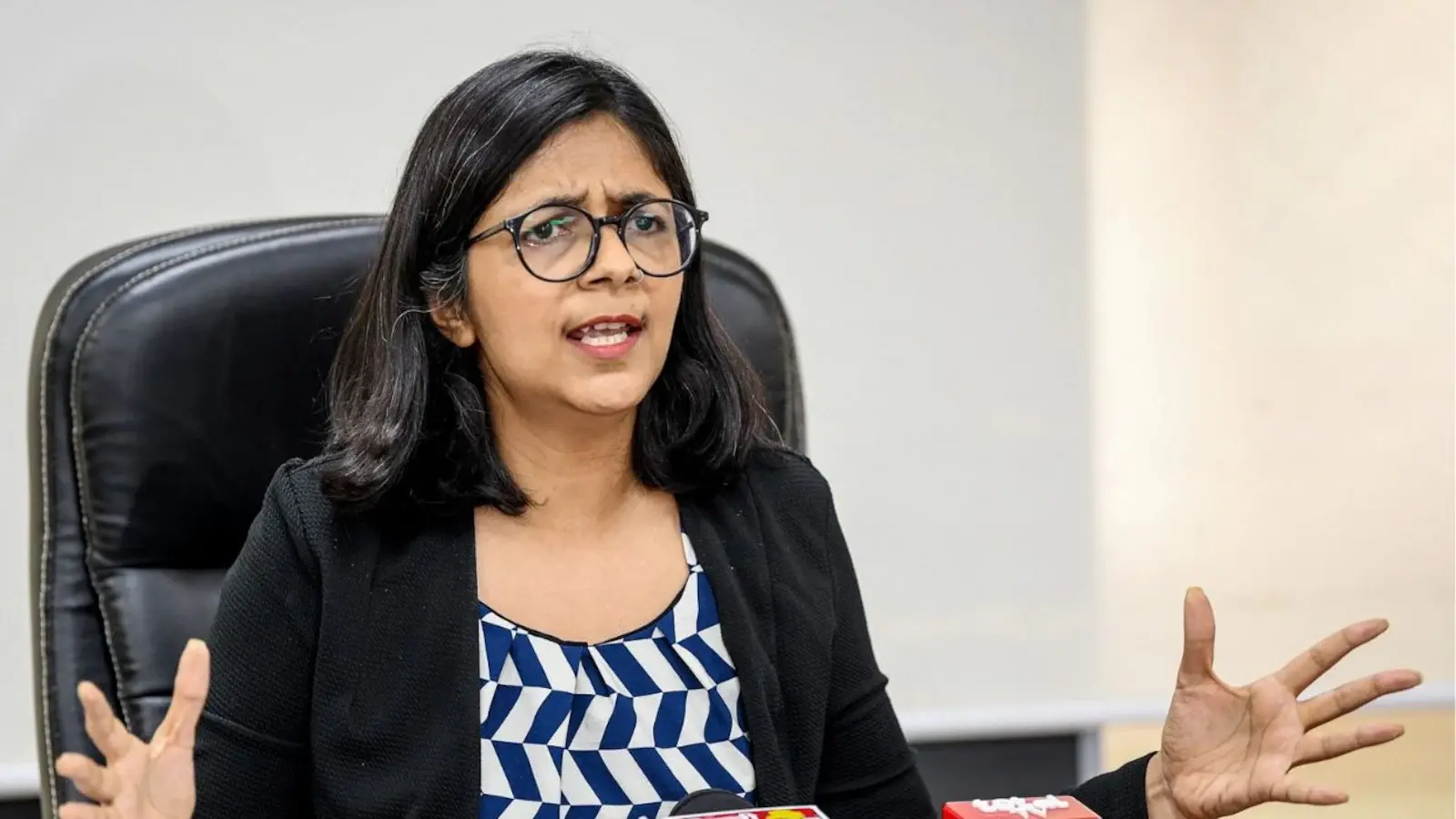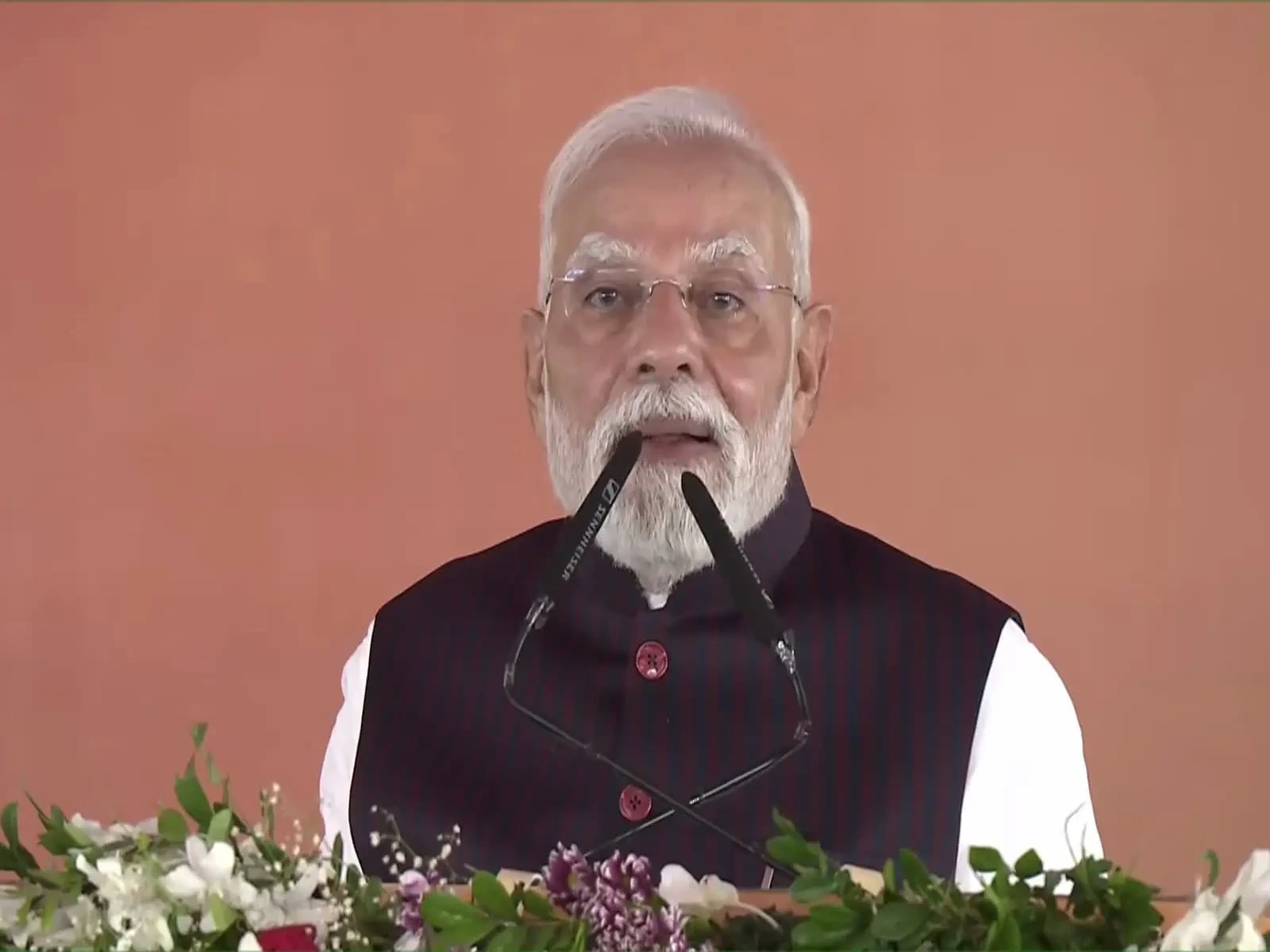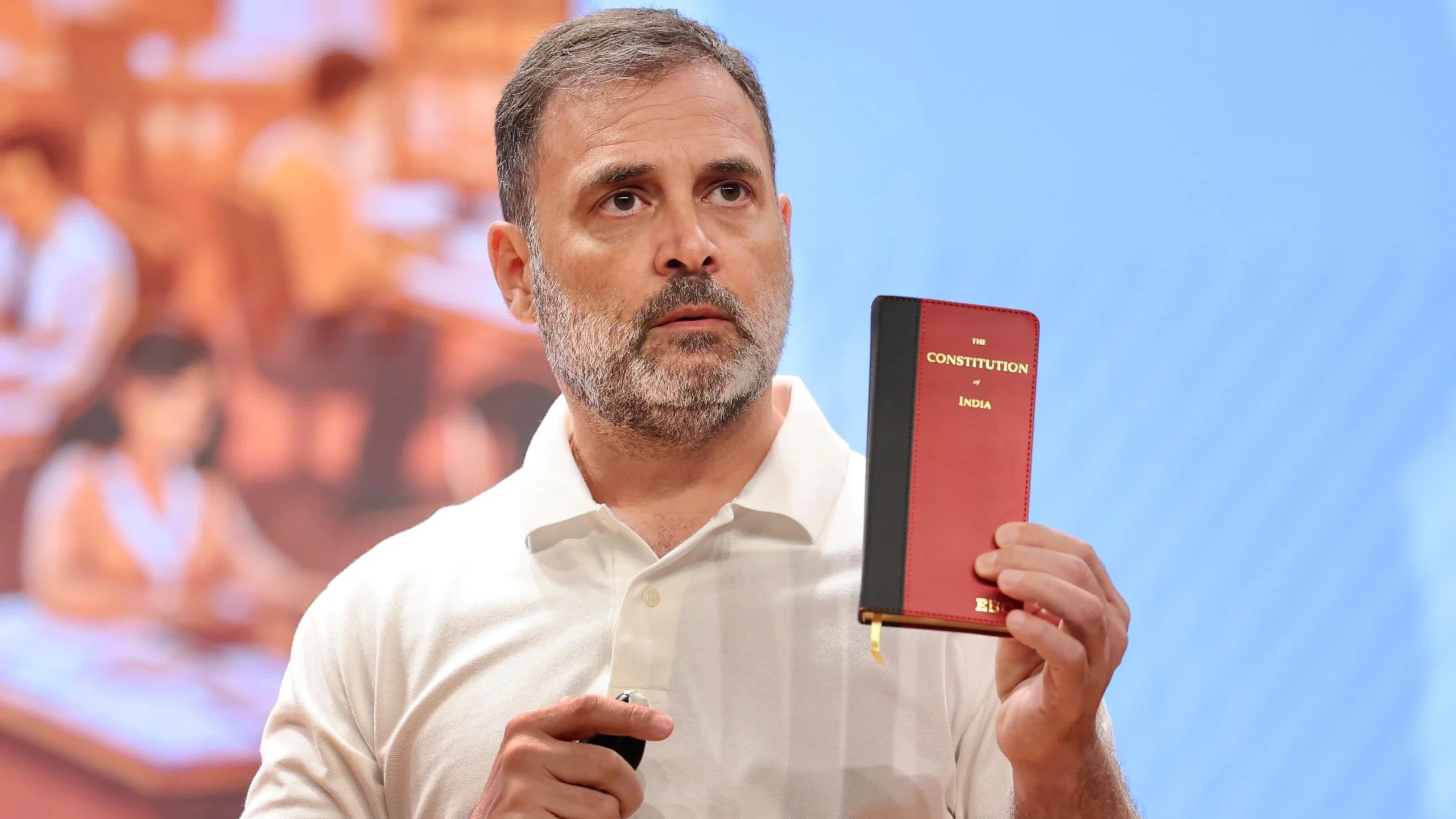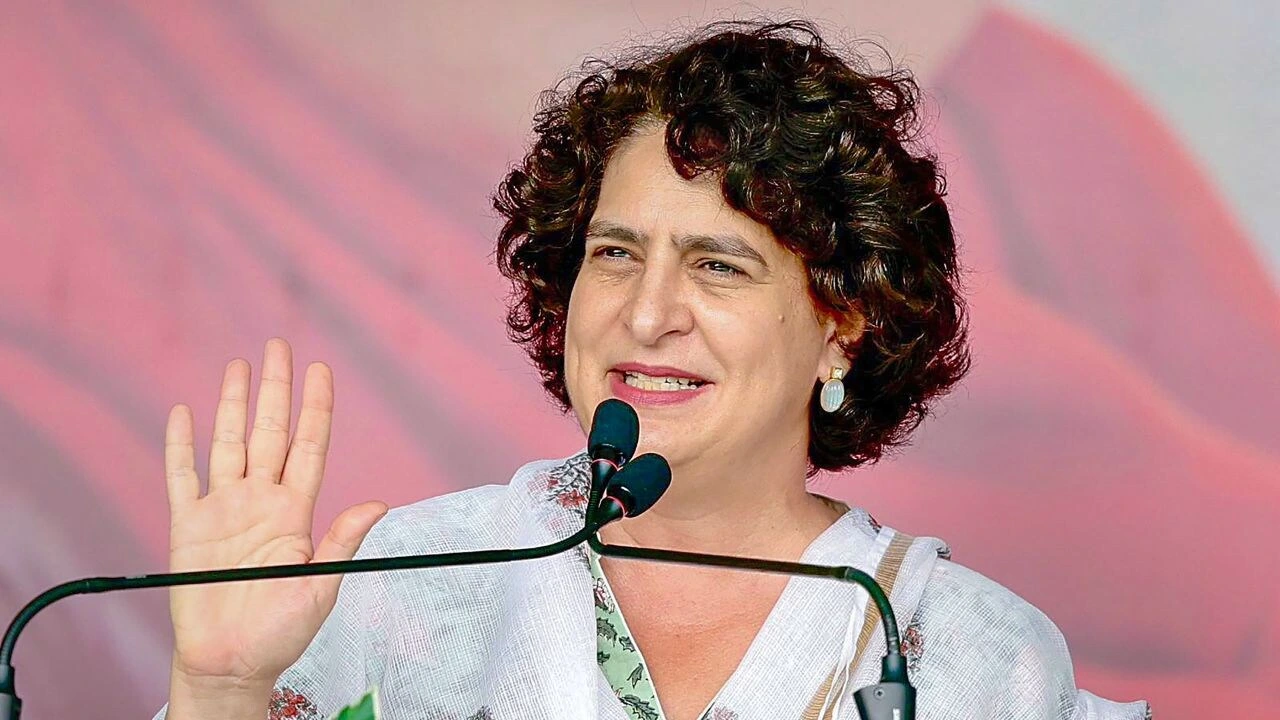24 Dec 2024, 2:10 PM Swati Maliwal, the Chairperson of the Delhi Commission for Women, has once again raised her voice against the Arvind Kejriwal-led Aam Aadmi Party (AAP) government over the deteriorating conditions in Delhi’s government hospitals.
In a scathing criticism, Maliwal pointed out the severe shortage of essential medicines and inadequate treatment facilities, claiming that many people in the capital are dying due to the lack of proper healthcare.
The activist emphasized that despite the growing population and the increasing demand for medical care, the government has failed to address the needs of the healthcare system.
She pointed out that hospitals in Delhi, which are meant to provide free and quality treatment to citizens, are grappling with shortages in both staff and medicines, leaving vulnerable patients without the care they desperately need.
Swati Maliwal: A Call for Immediate Action
Maliwal’s remarks come in the wake of several incidents where patients in Delhi hospitals were allegedly denied treatment or had to wait for hours to receive basic medical care.
She has demanded immediate action from the Delhi government to improve hospital conditions, provide essential medicines, and ensure that patients are not left to suffer.
In her statement, Swati Maliwal underlined the critical role of government-run hospitals in providing healthcare to the economically disadvantaged sections of society.
The lack of proper infrastructure and resources, she argued, is not only a failure of governance but also a violation of citizens’ basic rights to access health services.
Platforms like NewShots have been actively covering the ongoing healthcare crisis in Delhi, providing detailed updates on Swati Maliwal’s statements and the response from the AAP government.
NewShots’ coverage has sparked further discussions on the state of healthcare in the capital and the urgent reforms needed to address these issues.
The Road Ahead for Delhi’s Healthcare System
As Swati Maliwal continues to advocate for better healthcare in Delhi, her calls for accountability and action resonate with many citizens who have experienced the shortcomings of the public healthcare system.
The Delhi government now faces increasing pressure to implement reforms and address the concerns raised by Maliwal and others who are fighting for the rights of vulnerable populations.
With the healthcare system in Delhi under scrutiny, the hope remains that the necessary changes will be made to ensure that no one has to suffer or die due to a lack of treatment and medicine.





